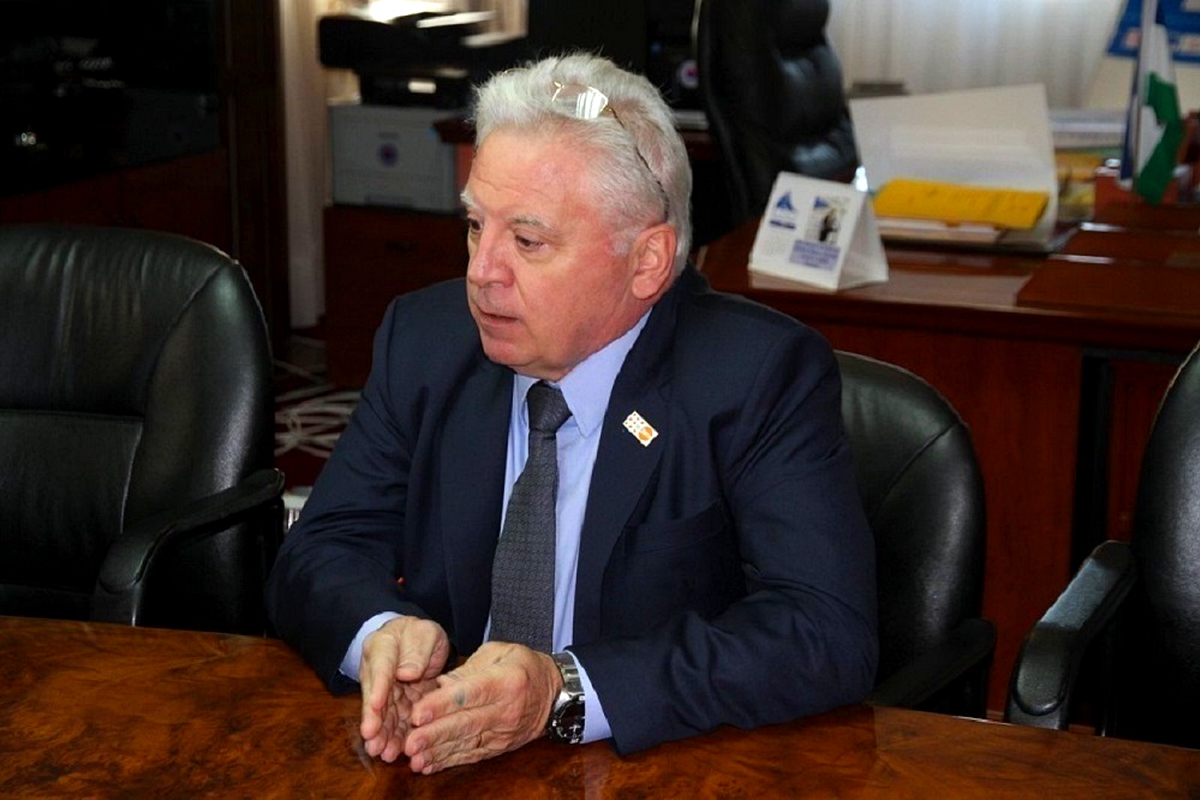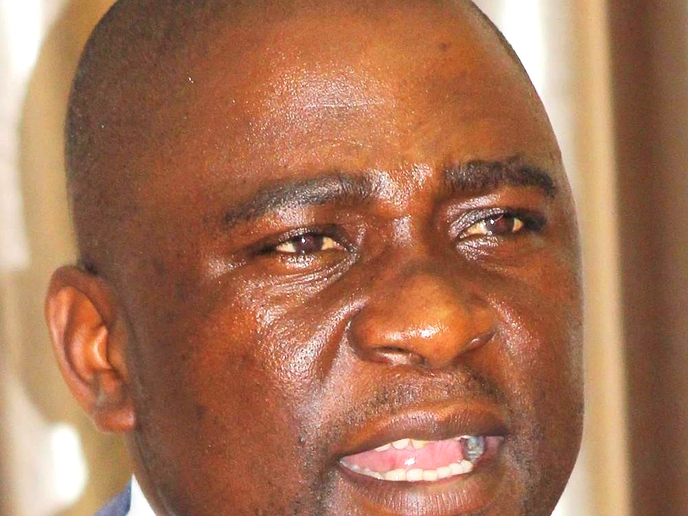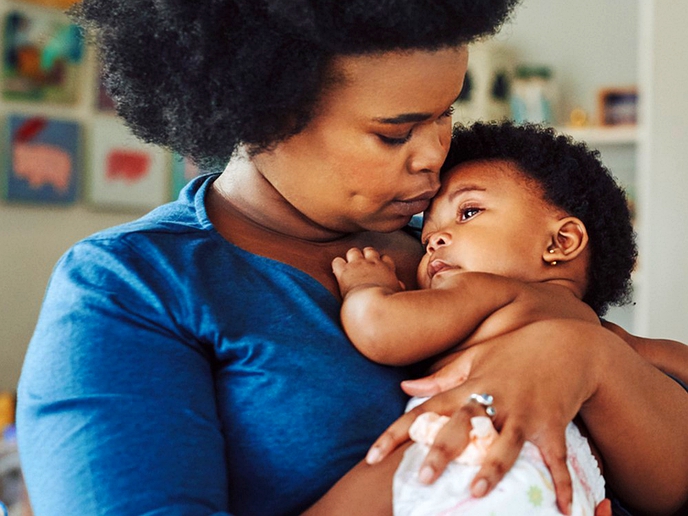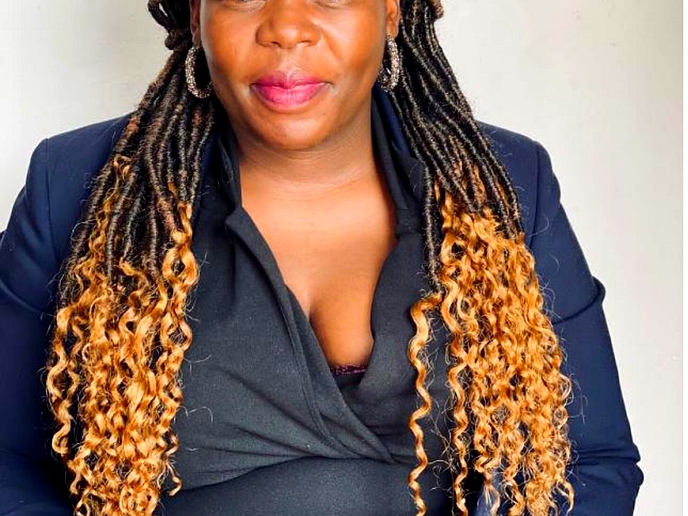LESOTHO has to prioritise prevention of unwanted pregnancy and educate adolescent girls about sexuality and reproductive health, says State of the World Population Report 2022.
health
May 4, 2022
LINEO MABEKEBEKE
3 min read
Abortion affects education – Report

UNFPA representative to Lesotho, Dr Marc Derveeuw
Story highlights
The report said admissions due to abortion of girls between 10-14 years, at 35.71 percent, affected their education as well as the economy.
“Dealing with unintended pregnancies is about dealing with policies, making the right decisions beyond the borders, and seeing it as national development,” it said.
Research shows that rates of unintended pregnancy tend to be lower in countries with more liberal abortion laws compared to those with more restrictive laws, an issue that cannot be reduced to personal responsibility, morality or behavior.
The United Nations Population Fund (UNFPA) says in low- and middle-income countries, restrictive abortion laws are not shown to reduce recourse to abortion.
Among high-income countries, those with liberal abortion laws, a smaller proportion of unintended pregnancies result in abortions, compared to those with restrictive laws.
UNFPA representative to Lesotho, Dr Marc Derveeuw said half of all pregnancies were unintended, while there were 121 million unintended pregnancies every year globally.
“One in two pregnancies take place in the bodies of women who did not affirmatively choose pregnancy or motherhood, who were not open to the prospect of having a child at that time, with that partner, in those circumstances,” he said, presenting the report.
“For these women, the most life-altering reproductive choice, whether to become pregnant or not, is no choice at all.”
Globally, Dr Derveeuw said for the past 40 years, family planning programmes had worked, including in Lesotho where there was a slight increase in the use of contraceptives and a small decline in unmet need for family planning, where more clients wanted to access contraceptives.
“More common reasons for contraception non-use are concerns about side effects and health risks,” he also said. “Infrequent sex or lack of sex, postpartum amenorrhea or breastfeeding, being unmarried opposition to contraception, while concerns about side effects and misinformation about pregnancy risks are common.”
Enjoy our daily newsletter from today
Access exclusive newsletters, along with previews of new media releases.
He said it meant that one in three women in Lesotho started childbearing in adolescence, most probably not a choice they had made and nearly half of adolescent mothers were children while unintended pregnancies destroyed the life of young girls.
“This is a report about whether or not and how much the world values women and girls beyond their reproductive choices,” Dr Derveeuw said.
The Minister of Social Development, Selibe Mochoboroane said teenage pregnancy was a developmental issue that had been neglected for a long time, adding that it was not only a personal issue but a personal and human rights issue affecting all.
“The national development agenda can’t be achieved until women and girls actively get involved in economic activities of the country,” he said.
“The government of Lesotho strives to achieve sexual reproductive health and reproductive rights for all through education,” Mr Mochoboroane said.
Tailored for you






